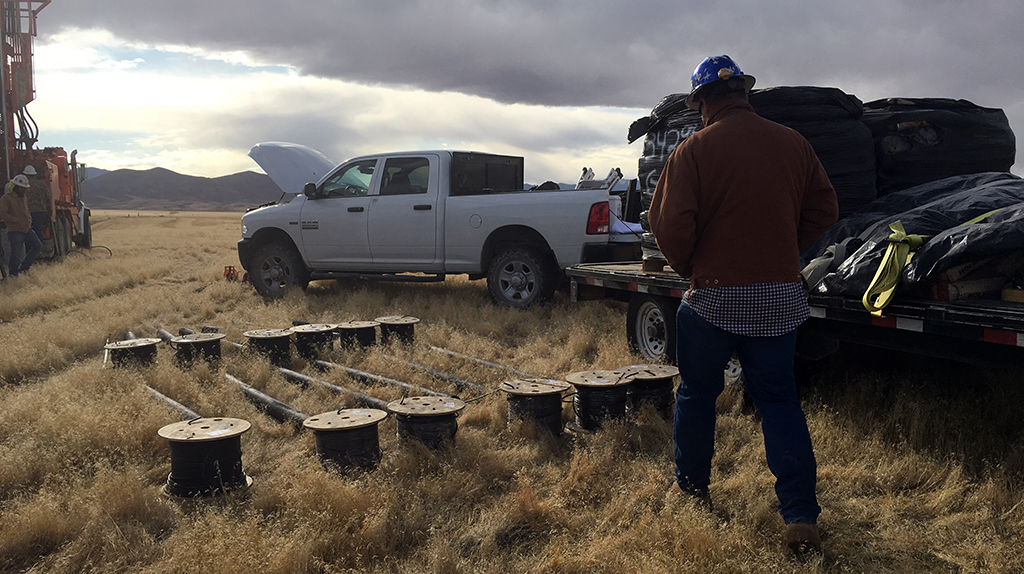
01 Apr EnvirAnode®: Long Life Cathodic Protection
SAE’s EnvirAnode® CP System for impressed current cathodic protection (ICCP) is a high-quality product designed to maintain the safety and integrity of pipelines while complying with industry regulations. EnvirAnode® offers superior performance, longer lifespan, and lower operating costs due to SAE’s innovative product design as well as the methodical engineering approach taken to design each ICCP system.
SAE utilizes its expertise in electrical grounding systems to design cathodic protection systems that are customized to each unique location and application to increase the system’s effectiveness and overall lifespan. A primary component in this process is obtaining a low system R-value, or resistance to ground, that will ensure that a low voltage rectifier can output the required anode current.
With a full understanding of the system application, SAE’s first task is to perform soil resistivity testing to obtain data on the area pedology. From this information, a computerized soil resistivity model is generated. This allows for the engineering team to tailor a cathodic protection system that will consistently output the desired current without the need to overdrive the system. Overdriving a cathodic protection bed is one of the leading causes of premature failure.
After the installation and initialization of an ICCP system, SAE recommends constant monitoring and data collection of output values, so that any changes in output can be identified and addressed before potential damage can occur. The resistance values of a cathodic protection bed will typically decrease, as the SAE products used during the installation fully cure. But, variations in soil resistivity from climate conditions, seasonal changes, and hydrology can also be seen. By analyzing the collected data, the SAE engineering team will make recommendations or perform design changes to ensure the continued effectiveness of the ICCP system.


